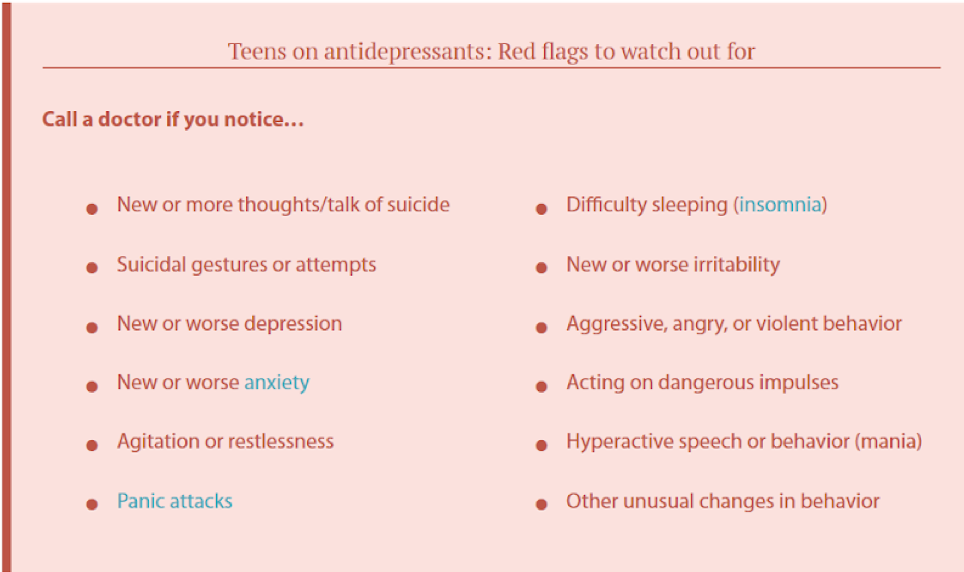What Is Depression?
Everyone experiences feelings of unhappiness and sadness occasionally. However, when these depressed feelings start to dominate everyday life and cause physical and mental changes in functioning, it may be the start of a depressive disorder.
Depression is a mood disorder that causes a persistent feeling of sadness and loss of interest. Also called major depressive disorder or clinical depression, it affects how you feel, think and behave and can lead to a variety of emotional and physical problems. You may have trouble doing normal day-to-day activities, and sometimes you may feel as if life isn't worth living.
More than just a bout of the blues, depression isn't a weakness and you can't simply "snap out" of it. Depression may require long-term treatment. But don't get discouraged. Most people with depression feel better with medication, psychotherapy or both.
(1998-2020 Mayo Foundation for Medical Education and Research (MFMER), Mayo Clinic)
Symptoms
Although depression may occur only once during your life, people typically have multiple episodes. During these episodes, symptoms occur most of the day, nearly every day and may include:
- Feelings of sadness, tearfulness, emptiness or hopelessness
- Angry outbursts, irritability or frustration, even over small matters
- Loss of interest or pleasure in most or all normal activities, such as sex, hobbies or sports
- Sleep disturbances, including insomnia or sleeping too much
- Tiredness and lack of energy, so even small tasks take extra effort
- Reduced appetite and weight loss or increased cravings for food and weight gain
- Anxiety, agitation or restlessness
- Slowed thinking, speaking or body movements
- Feelings of worthlessness or guilt, fixating on past failures or self-blame
- Trouble thinking, concentrating, making decisions and remembering things
- Frequent or recurrent thoughts of death, suicidal thoughts, suicide attempts or suicide
- Unexplained physical problems, such as back pain or headaches
In addition, signs and symptoms of depression in children may include, vocal outbursts of crying, being on edge, change in social activities, loss of interest in school, poor academic performance, change in appearance and somatic complaints.
For many people with depression, symptoms usually are severe enough to cause noticeable problems in day-to-day activities, such as work, school, social activities or relationships with others. Some people may feel generally miserable or unhappy without really knowing why. (1998-2020 Mayo Foundation for Medical Education and Research (MFMER), Mayo Clinic)
When to Call the Doctor
Just like adults, children have days when they are feeling down. But if those blue or bad moods begin to interfere with schoolwork and daily living and start to increase in frequency, parents or caregivers need to seek help from their child's doctor. If a child or teen reveals at any time that they have had recent thoughts of self-injury or suicide, professional assistance from a mental healthcare provider or care facility should be sought immediately.
Treatment and Therapies
Depression, even the most severe cases, can be treated. The earlier that treatment can begin, the more effective it is. Depression is usually treated with medications, psychotherapy, or a combination of the two. If depression is interfering with productivity, homework, chores, interacting with others, activities they usually enjoy, and enjoyment of life, then treatment can be very helpful.
(The National Institute of Mental Health Information Resource Center)
Let your child know you are aware of their struggles and want to listen and help. Listen without judgment. Show them that they are not alone and that together, you and your child can find the treatment they deserve. Providing your child with empathy will allow them to feel your love and support for them.
Adolescents on Antidepressants, What to Watch Out For
(Melinda Smith, M.A., Lawrence Robinson, and Jeanne Segal, Ph.D. Last updated: October 2019, Help Guide Org International)
Lifestyle Can Affect Depression!
Try making some of these changes
Healthy Eating
Eating healthy is good for your body and will help your mood overall. Several of your brain's functions are affected by your diet.
Exercise
According to the Mayo Clinic, exercising for 30 minutes a day, three to five days a week, can help alleviate depression without the use of medication. Some studies suggest that regular exercise is just as effective or more effective than medication. If you struggle with motivation to exercise try something simple, like walking the dog. Good habits start small!
Weight Loss
Losing weight improves your self-esteem and overall health, and you don’t have to starve yourself or hop on a fad diet.
Meditation/Mindfulness/Yoga
Studies have shown decrease in depression for individuals engaging in a mindfulness, meditation, and yoga program. Check out our Social Emotional Learning Page for ideas and links related to mindfulness and meditation
Sleep
Develop a calming bedtime routine that can help you wind down at the end of the day, and follow a consistent sleep schedule to improve the amount and quality of sleep you get. Getting enough sleep is ESSENTIAL for proper brain functioning.
Relationships
Spend time with positive, supportive, and loving people to help you through rocky times. Healthy relationships are essential to proper functioning.
Stress Management
Stress builds upon itself, so it’s essential to combat stress with calming, soothing experiences. Check out our Social and Emotional Learning Page for ideas to manage stress.
https://www.healthline.com/health/depression/lifestyle-changes-overview
Learn More About Depression
Parent’s Guide to Teen Depression
https://www.helpguide.org/articles/depression/parents-guide-to-teen-depression.htm
Are You the Parent of a Depressed Child or Teenager?
https://www.psychologytoday.com/us/blog/call/201706/are-you-the-parent-depressed-child-or-teenager
Do you have a Depressed Teen?
https://www.anxioustoddlers.com/depressed-teen/#.Xngqo25FxPa
27 Facts About the Best Ways to Treat Depression
You could also watch this music video for a humorous, yet fairly accurate, description of feelings of depression.
